This newsletter is written to be read, enjoyed, and shared. If you reply to it, we will respond back.🌞
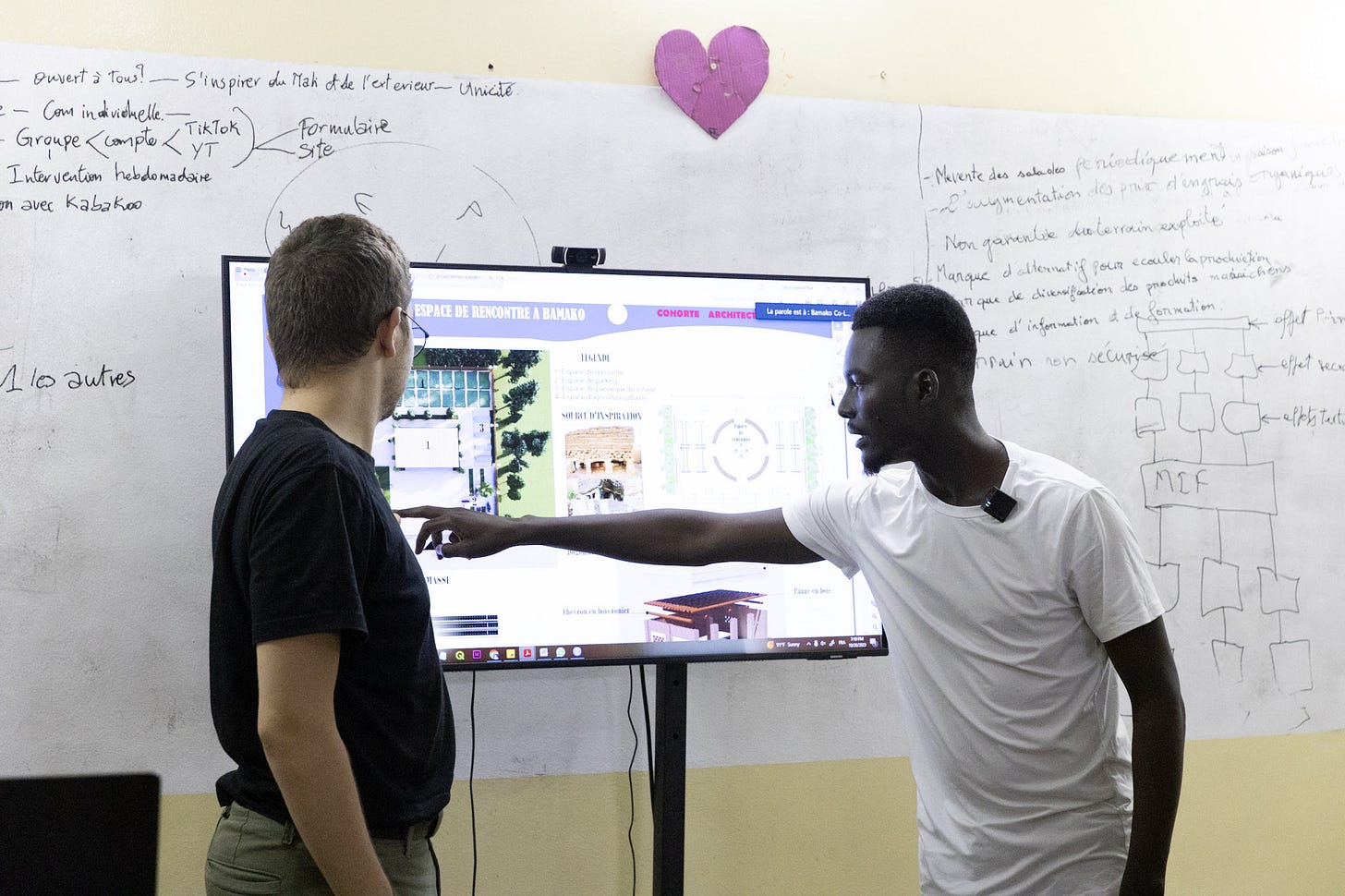
🌱 The adventure of The Innovation Lab: Regenerative Futures in the Sahel and its training course on Regenerative Architecture and Extended Reality continues with passion within the Kabakoo Academies community. 💪
In this newsletter, we'll share with you the activities and progress made by the training learners and community members to learn more about highdigenous architecture and make it accessible in the Sahel region! 🏗️🏜️📚🌍
Everything reported below happened during the month of October 2023 😉
📋 Some highlights from the Regenerative Architecture & XR training 🚀
From theory, analysis and architectural design… 📐🏡
This training course is designed to stimulate learners' reflection on a wide range of themes relating to regenerative architecture and the city in the Sahelian context. After attending an average of 3 sessions in each of the 5 modules already launched, learners have developed significant skills in discussing such topics as the cultural and built heritage of the Sahel, the challenges of preserving and enhancing it, the integration of agriculture in architectural thinking, the place of nature in the city, the decolonization of thinking on the city and architecture, the issues surrounding the use and industrialization of local materials and their social status…
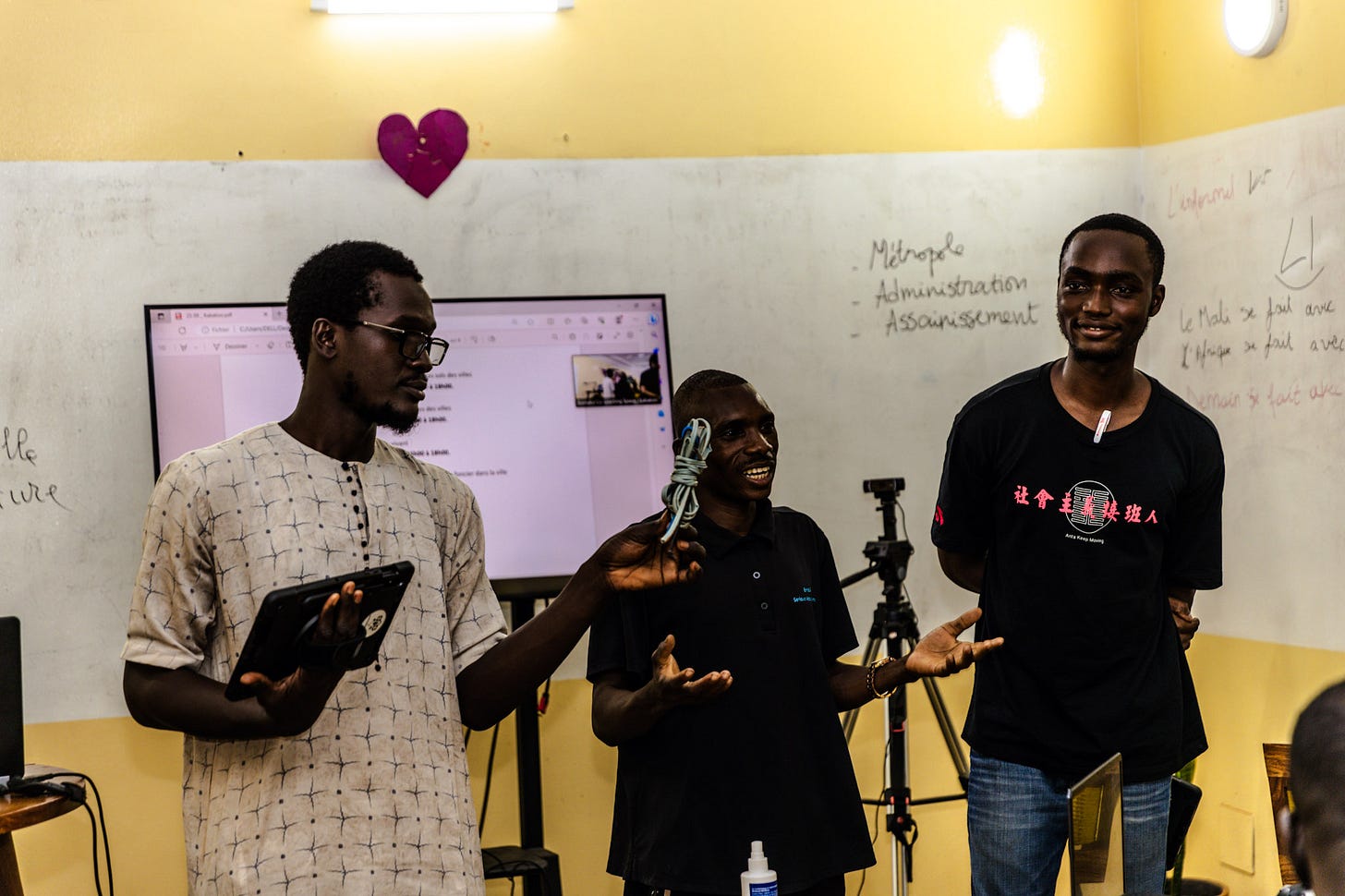
Equipped with this theoretical knowledge, and able to understand the complex issues surrounding regenerative architecture in the Sahel, the learners were able to work over the course of the month on the design of architectural prototypes for learning spaces. Divided into multidisciplinary groups composed of architects, building engineers, ecologists, heritage students and masons, each group designed a space using a precise regenerative construction system and specific local materials.
They then presented their projects to the different groups and had the opportunity to discuss them, to understand the strengths, weaknesses, opportunities and risks of their architectural proposals.
… to experimentation, practice, and construction! 🏗️🧰 🧱
Not limited to the theoretical and conceptual aspects of regenerative architecture, this training also offers learners the opportunity to experiment, test and build with local materials. During this month, and as part of the "Local materials and architectural cultures" module, directed by architect and mentor Mamadou Koné, learners focused primarily on two local materials: earth and stone. During two hands-on workshops, they discovered the technique of stone foundations as an alternative to concrete foundations. Mamadou Koné used videotapes and a face-to-face session to explain the details of the technique, which they were then able to try out.
Adama Camara, civil engineering student and Kabakoo learner, talking about his experience in the stone foundation workshop.
After preparing the stone foundations, during a second workshop the learners learned the adobe brick-making technique and produced around fifty bricks. Once dried, the learners used these bricks to build an adobe brick wall.
These practical workshops occupy a central place in the training program, as they enable learners to test theoretical solutions for regenerative construction in concrete terms, and thus continue the evolution of endogenous knowledge and craftsmanship innovation.
📢 Engaging with the community, building the movement 🛠️
Wednesday's ritual: sharing and transmitting knowledge💡💬
Masterclass on Agroecology and urban agriculture in the Sahel
We were honored to welcome Oumar Diabaté, veterinary doctor, founder of the Centre sahélien de formation et de recherche en agroécologie (CSFRA) and manager of an agro-ecological farm in the suburbs of Bamako, to our co-learning space in Bamako.
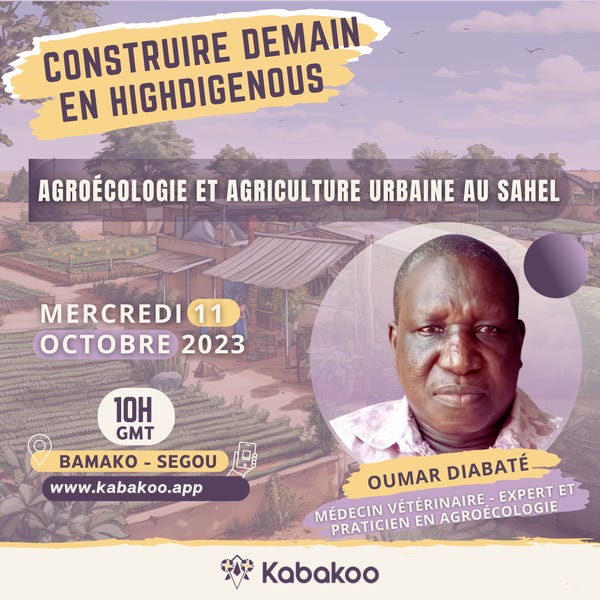
During this masterclass, Oumar Diabaté, interested in urban agriculture, presented the fundamentals and concepts of agroecology and urban agriculture and their immense potential in the Sahel region. This potential relates to a number of aspects: food sovereignty, local consumption, urban and peri-urban nature, local biodiversity, etc. Learners from the Regenerative Architecture and Extended Reality cohort were particularly interested in this masterclass! It enabled them to understand the advantages of thinking about integrated agriculture in regenerative architecture and urban planning, as well as the operational and technical means of achieving this integration in practice.
Masons from the Association des Maçons de Bamako were also present during the masterclass. They were able to discuss with Oumar Diabaté the value of earth as a building material on the one hand, and a source of life and agriculture on the other. This learning session, the first of its kind, will lead to further events planned with Oumar Diabaté, including practical regenerative urban agriculture workshops integrated into the training objectives and its final module.
Second masterclass of the month : Urban biodiversity in Sahelian cities
For this second masterclass, we were delighted to welcome urban planner and PhD student in sustainable urban development, Ferdinand Enok Combary, to talk about his research into the place of urban biodiversity in cities in West Africa and the Sahel. This meeting was an opportunity to discuss various topics relating to urban biodiversity: what is its role? How can we encourage its presence in our Sahelian cities? What role does architecture play in this? How is urban biodiversity apprehended by urban populations? And what place does it occupy in territorialized urban public action?
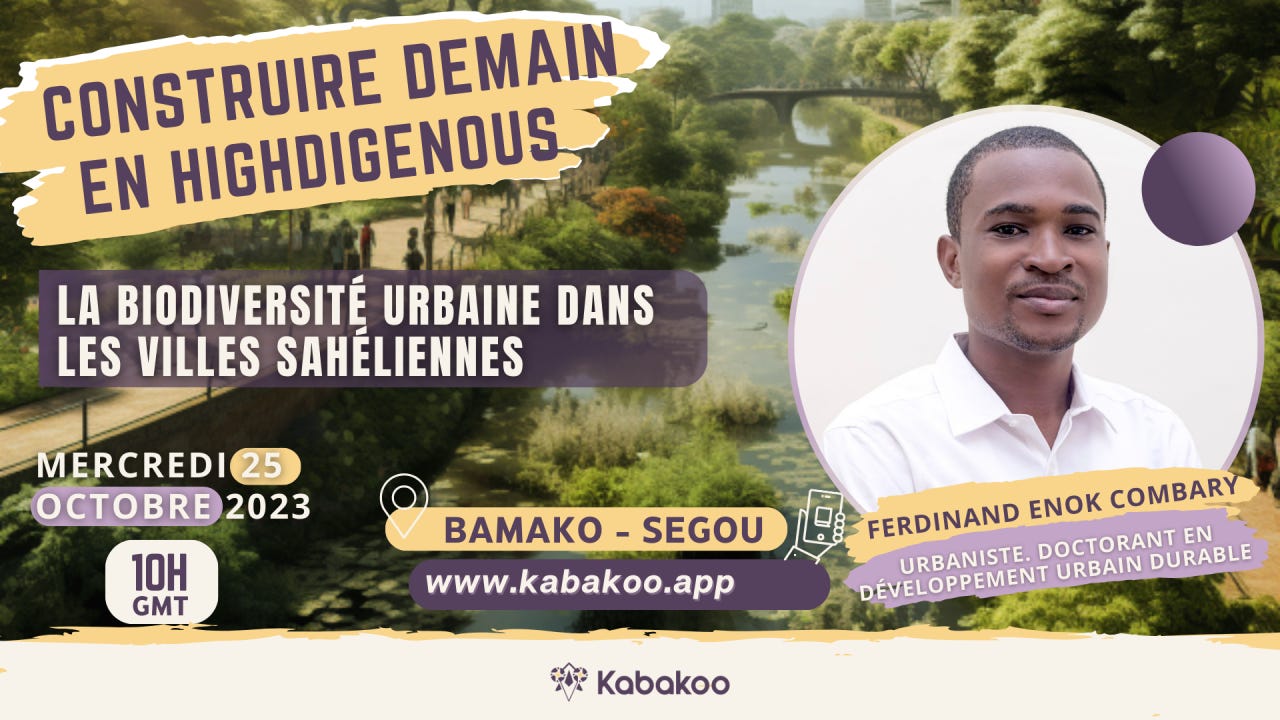
As part of the knowledge-sharing process, the participants in this session were also able to present their opinions, thereby feeding into our guest's research reflection. The subject of nature's place in our lives and our cities is also central to the philosophy and objectives of Kabakoo Academies, and that's why this month's masterclasses were dedicated to this issue, whether via economic and agricultural activities, or via the greening of cities, so necessary in the Sahelian region given the serious imapcts due to climate change.
Indeed, temperatures in West Africa, and particularly in the Sahel, have been evolving somewhat faster than the global trend, with increases ranging from 0.2°C to 0.8°C per decade since the late 1970s in the Sahelo-Saharan, Sahelian and Sudanian zones (ECOWAS-CSAO/OCDE/ CILSS, 2008).
From a research-action perspective, these masterclasses help to shed light on these issues and brainstorm on actions to resolve them.
Giving voice to the community through the Kabakoo Content Studio💡💬
During this month, the Kabakoo team brainstormed on a solution that would make it easier and more efficient for the Kabakoo community to create uplifting media content. The Regenerative Architecture team designed a highdigenous interior space for the Kabakoo Content Studio. It's a space dedicated to the production of media content by the community. The idea behind the design was to create a cosy space, with minimalist furniture reflecting aspects of Sahelian environments, fused with the technological equipment showcased in the studio and made available for its use. With this new production studio, inaugurated this month, the Kabakoo community will be able to produce more content for impactful ecosystem change!
🎉 Upcoming Teasers:
For the month of November, a number of even more exciting activities and events are planned as part of the Innovation Lab and training on Regenerative Architecture and Extended Reality. During the month of November, these will focus essentially on more regenerative architectural practice and more concrete actions enabling the transmission of knowledge on a larger scale.
With Love & Hope from Bamako 💜💛


.jpg)
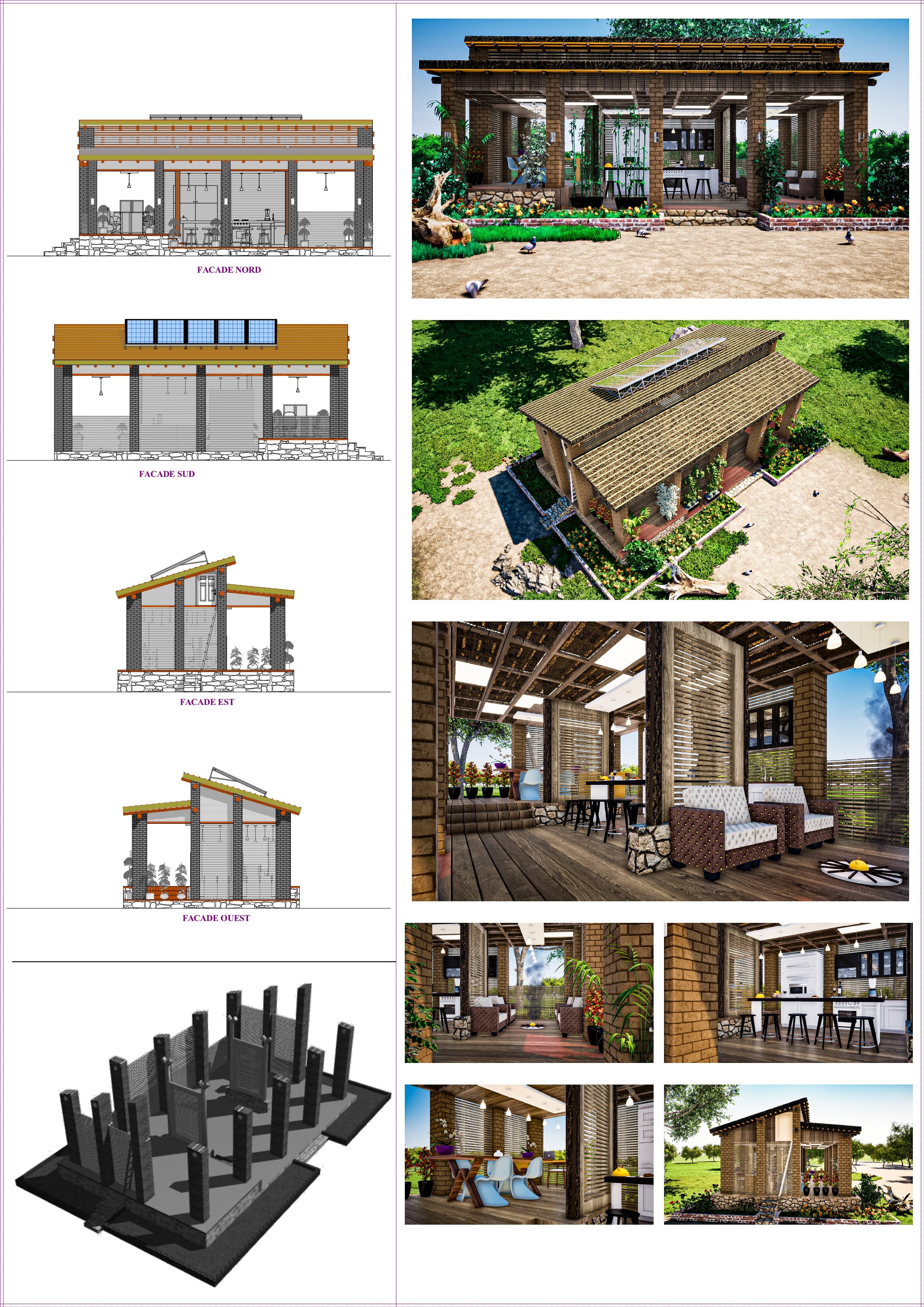
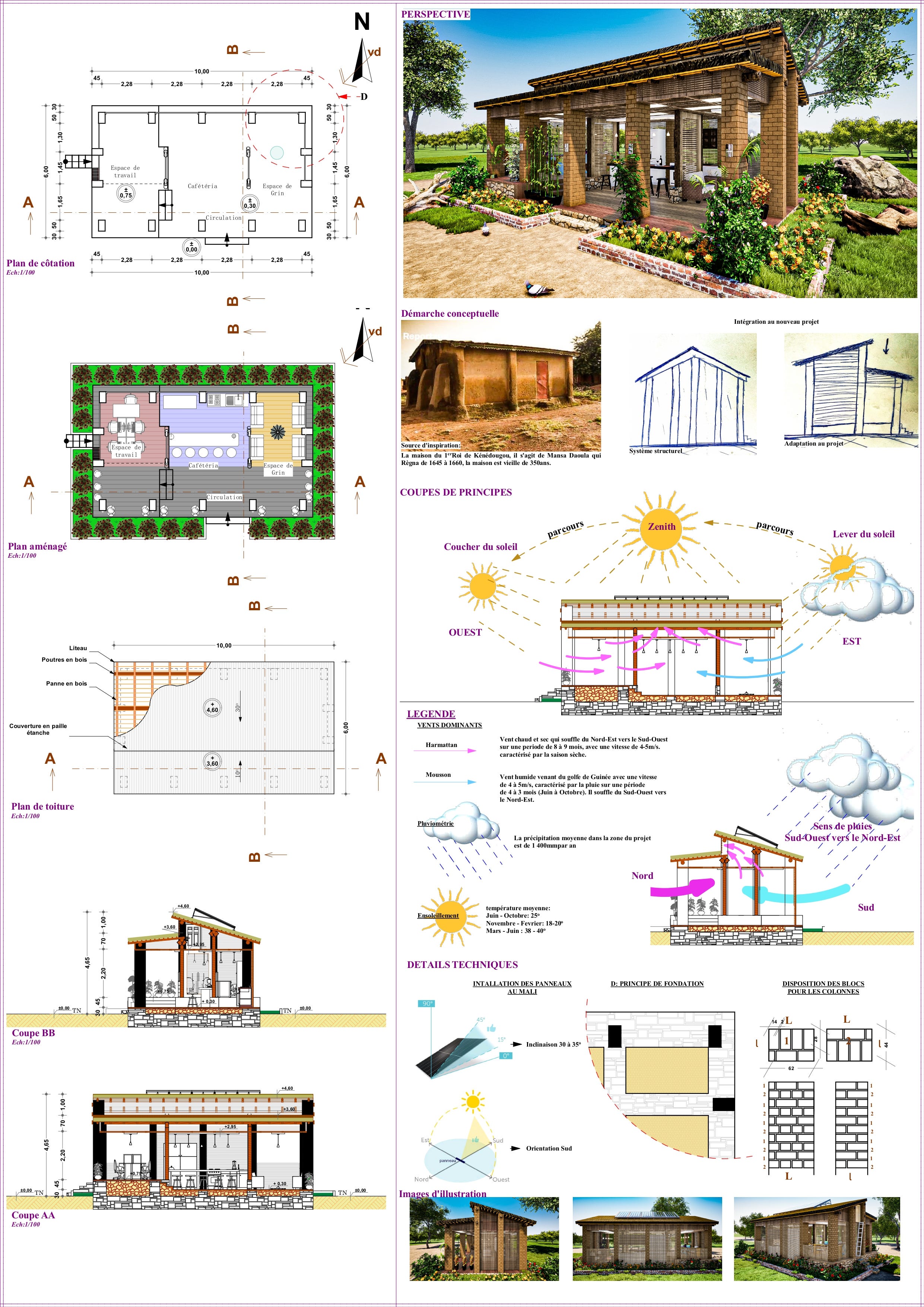
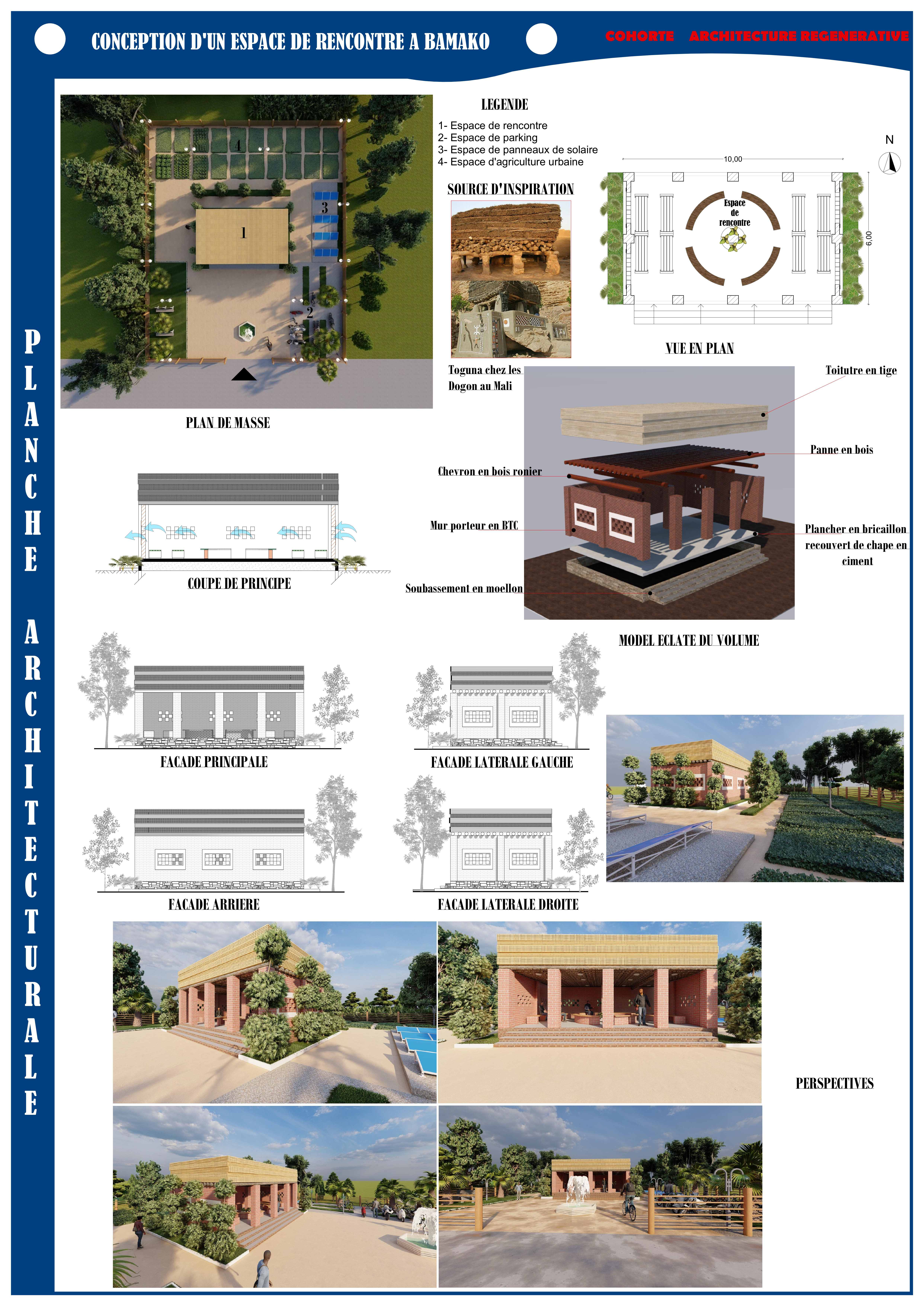
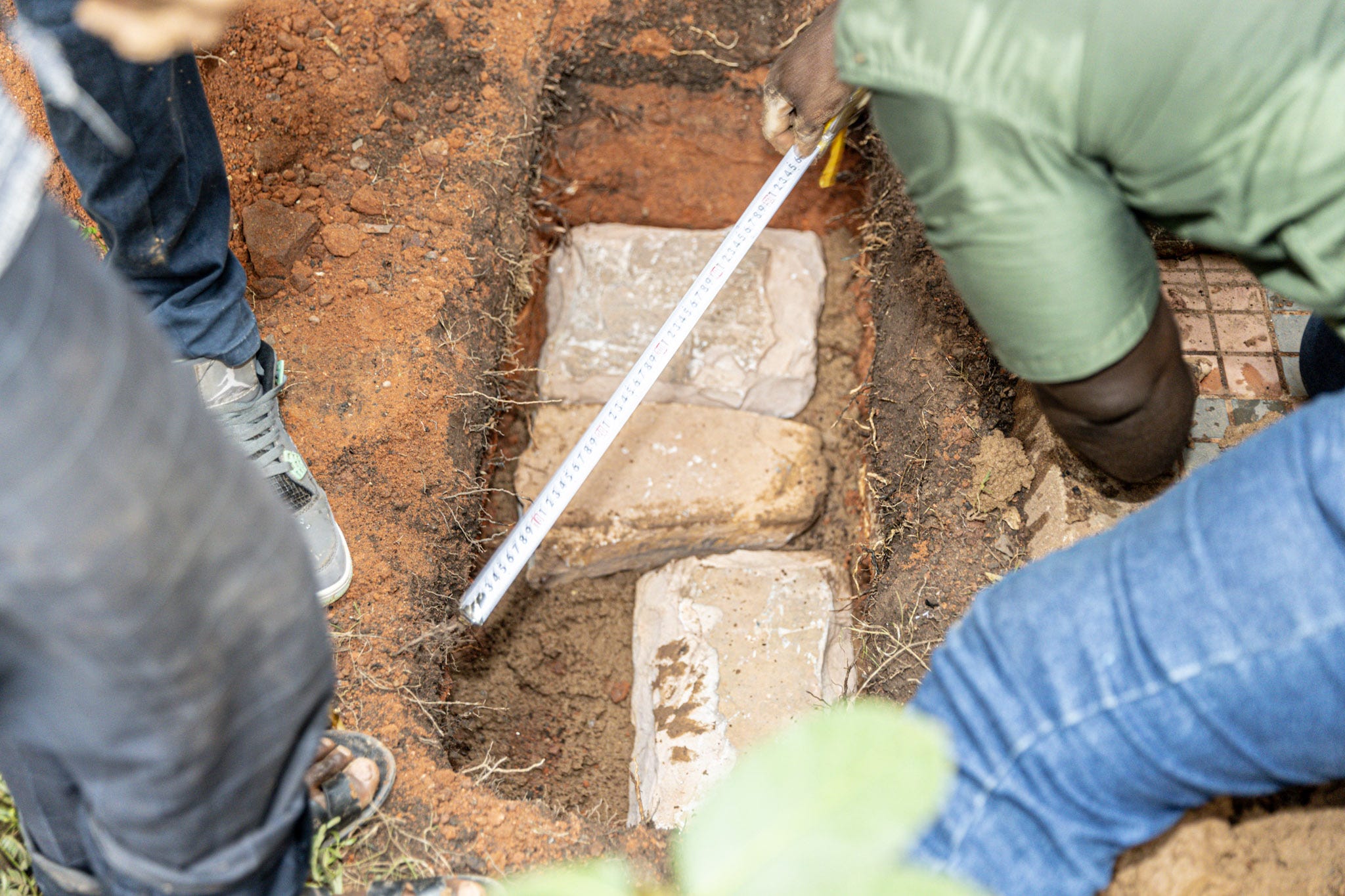
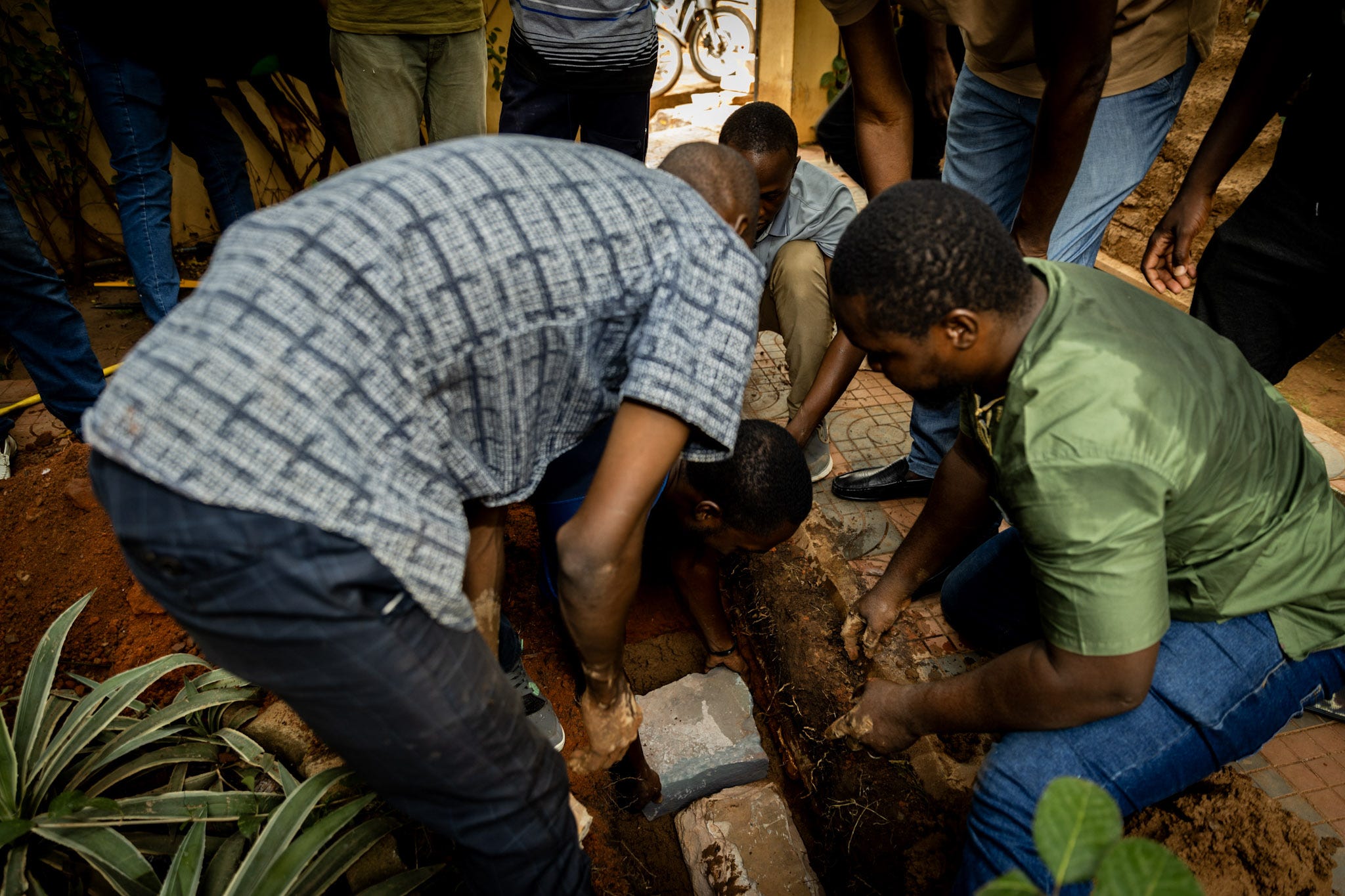
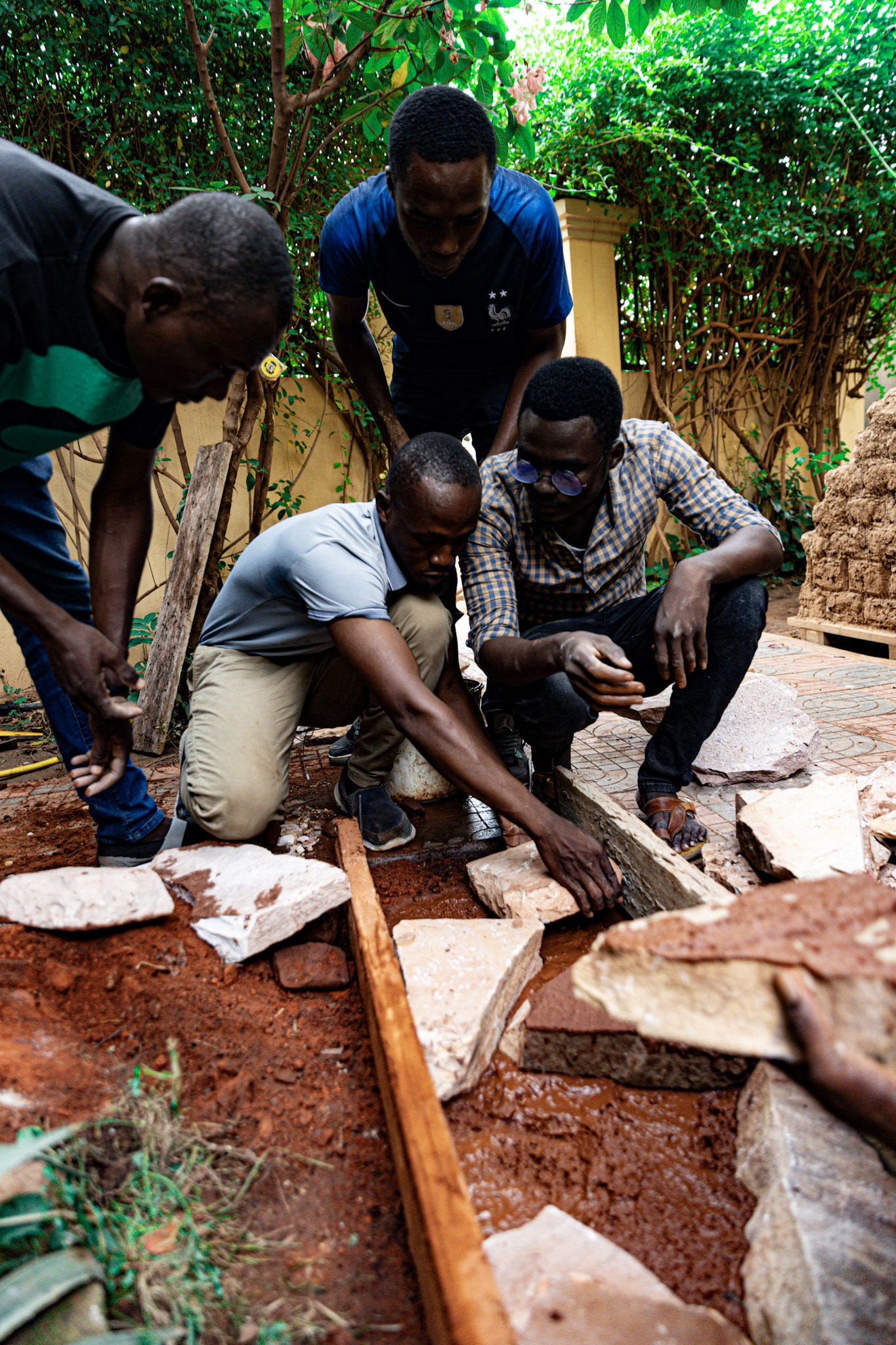
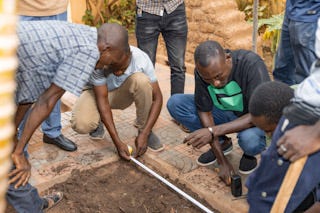
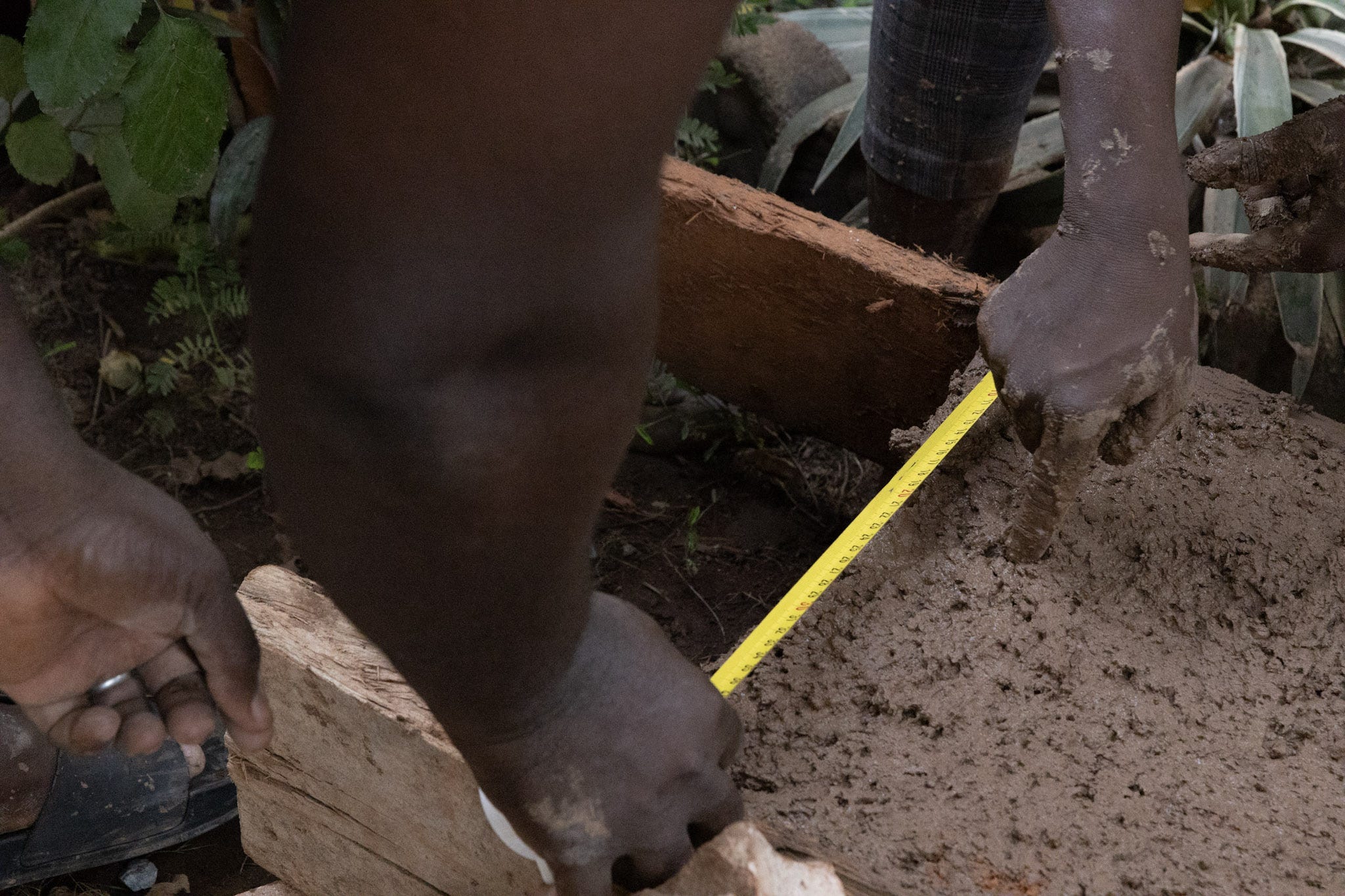
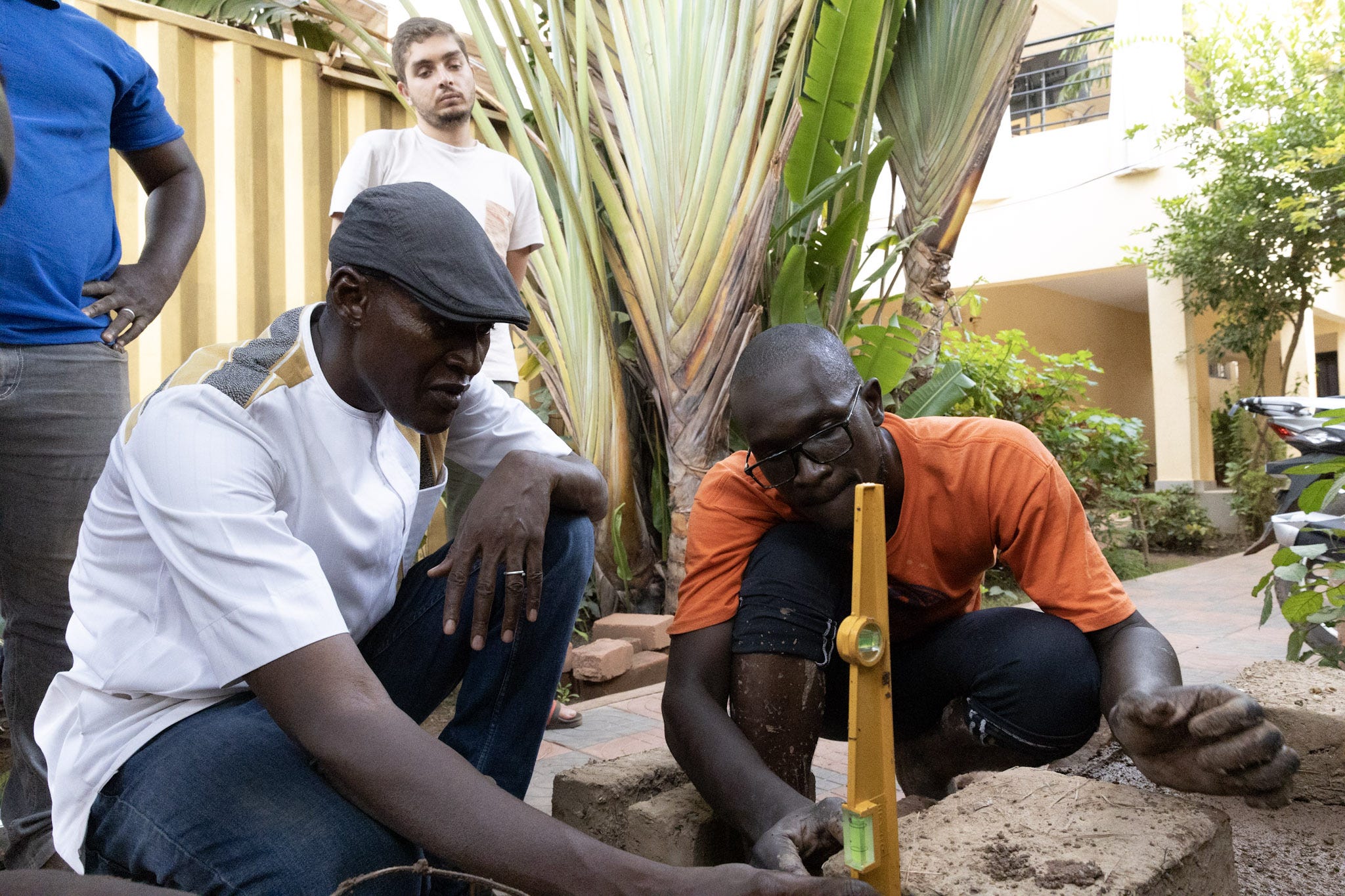
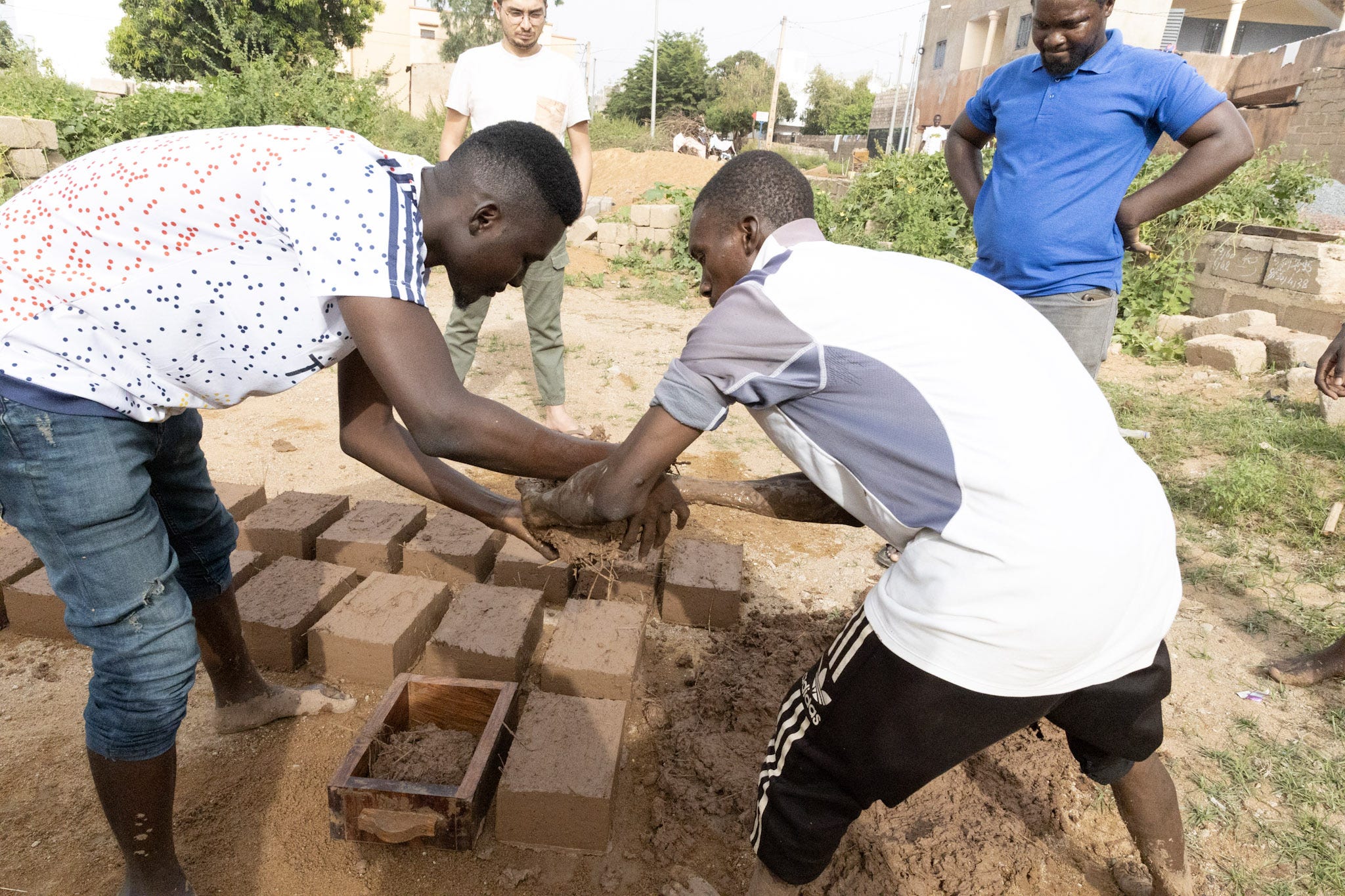
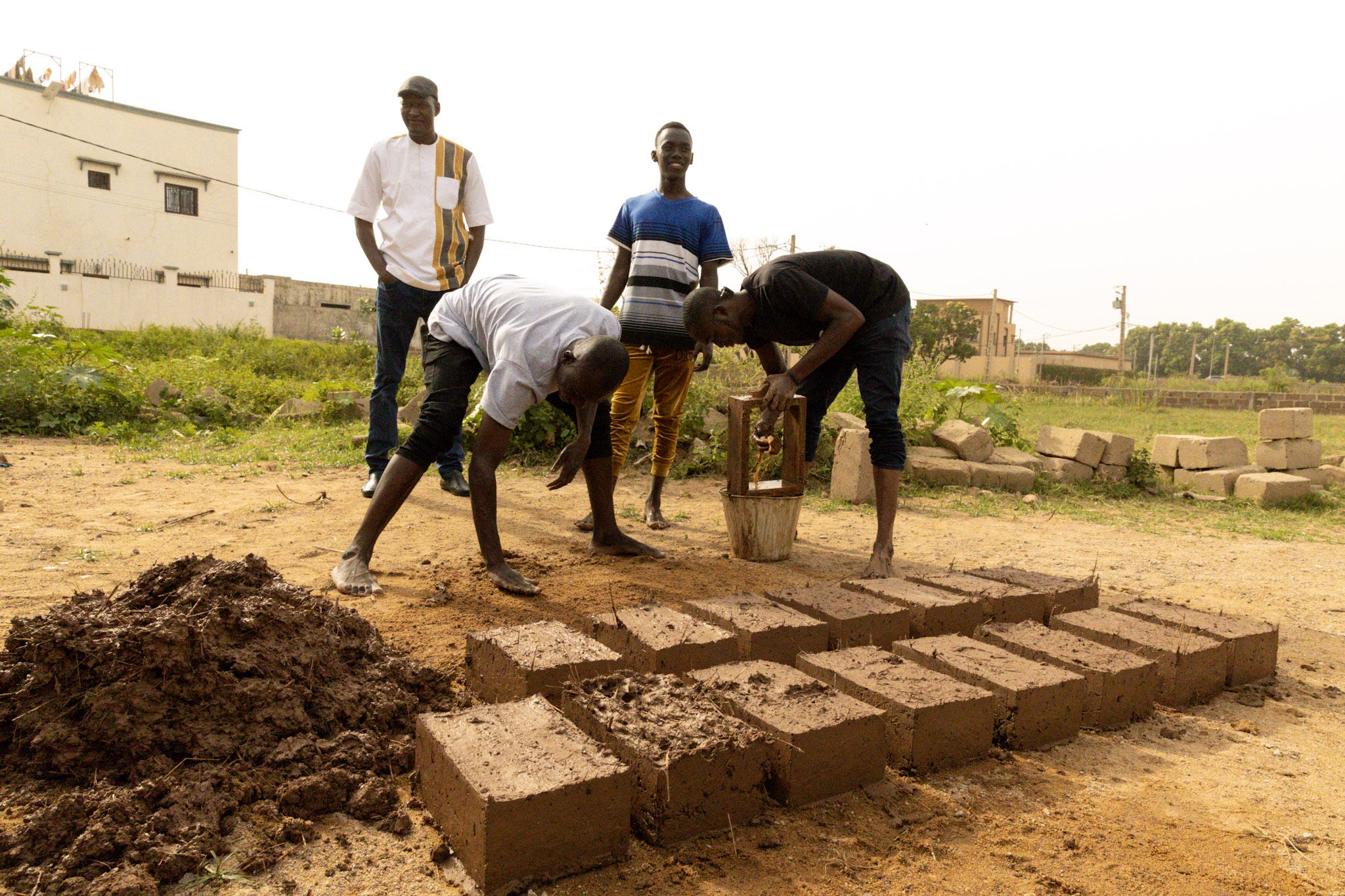



.jpg)


